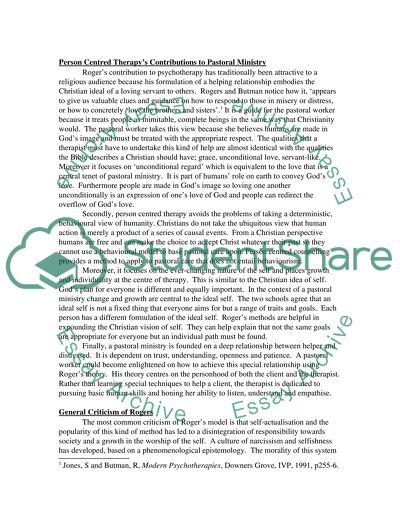Cite this document
(Carl Rogers Theory Application Term Paper Example | Topics and Well Written Essays - 1750 words, n.d.)
Carl Rogers Theory Application Term Paper Example | Topics and Well Written Essays - 1750 words. https://studentshare.org/psychology/1530481-carl-rogers-theory
Carl Rogers Theory Application Term Paper Example | Topics and Well Written Essays - 1750 words. https://studentshare.org/psychology/1530481-carl-rogers-theory
(Carl Rogers Theory Application Term Paper Example | Topics and Well Written Essays - 1750 Words)
Carl Rogers Theory Application Term Paper Example | Topics and Well Written Essays - 1750 Words. https://studentshare.org/psychology/1530481-carl-rogers-theory.
Carl Rogers Theory Application Term Paper Example | Topics and Well Written Essays - 1750 Words. https://studentshare.org/psychology/1530481-carl-rogers-theory.
“Carl Rogers Theory Application Term Paper Example | Topics and Well Written Essays - 1750 Words”. https://studentshare.org/psychology/1530481-carl-rogers-theory.


